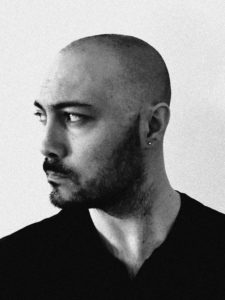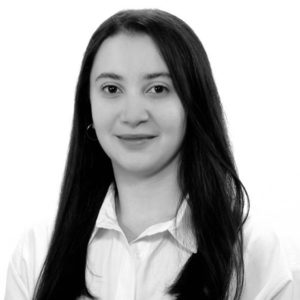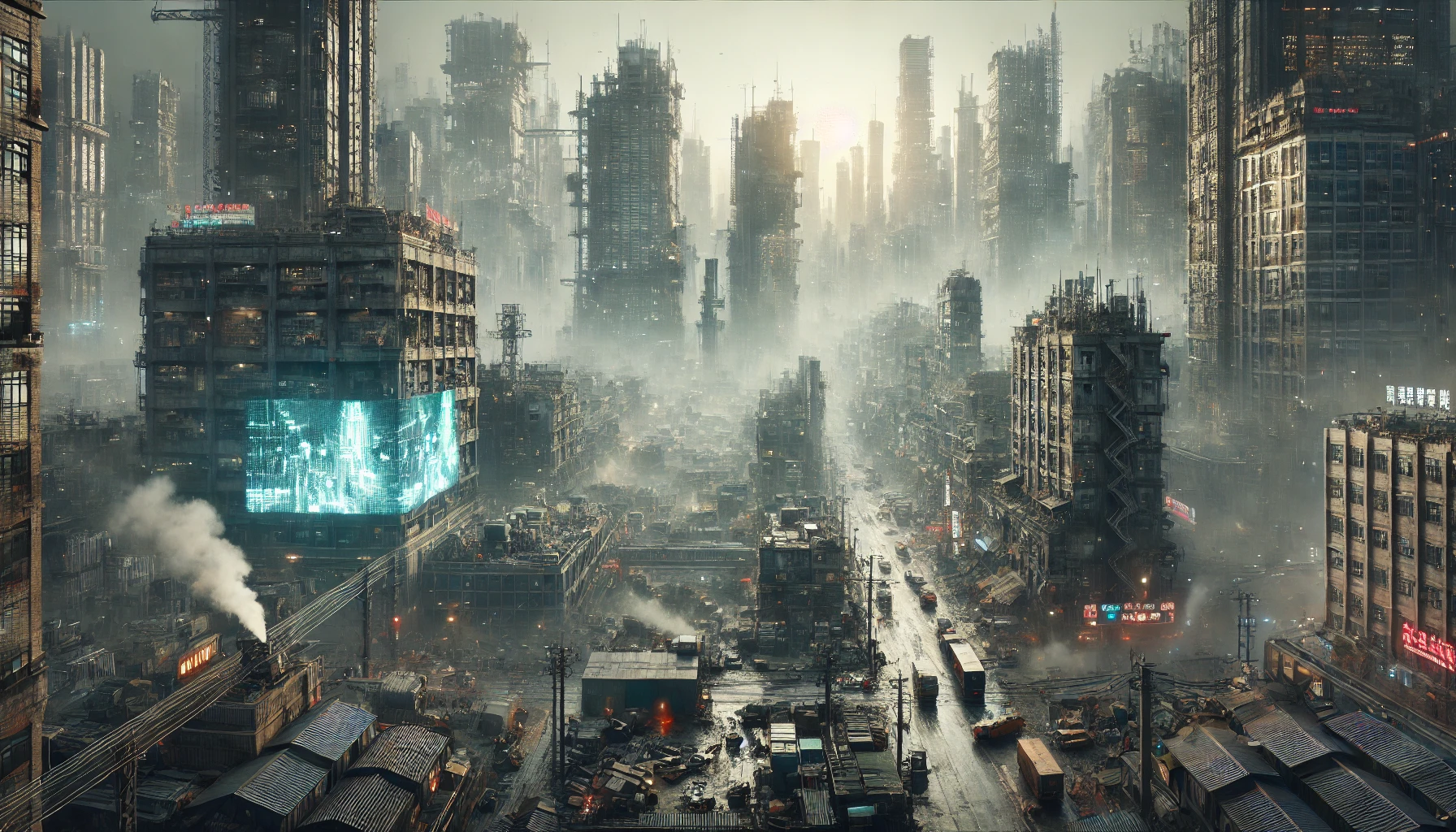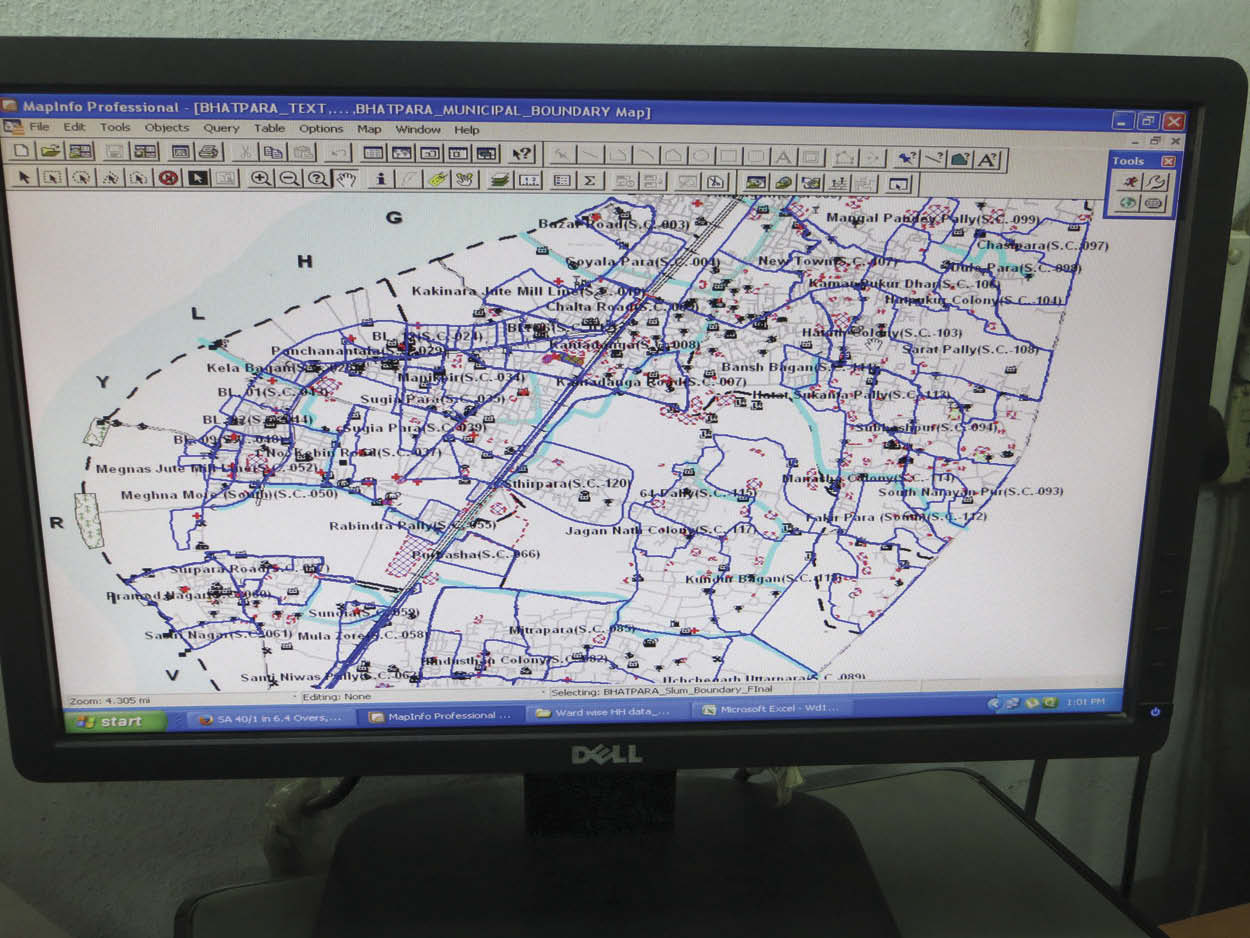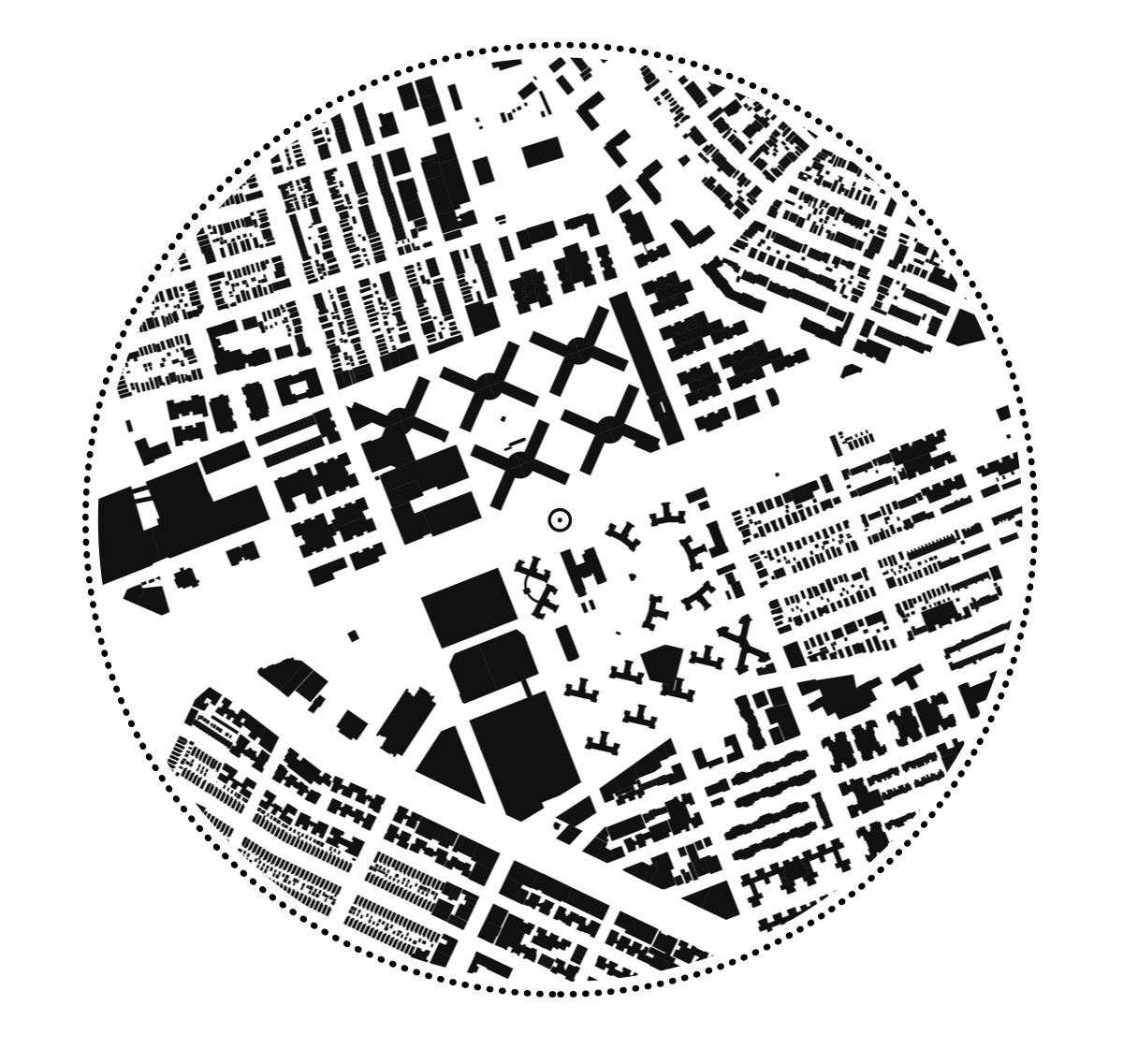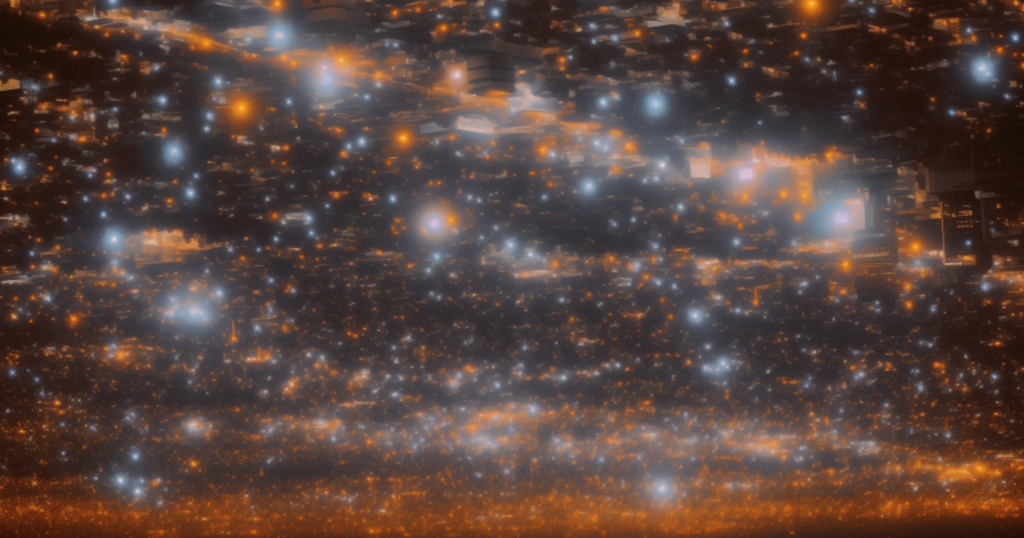
photo credits: MaCT01 23/24 Pedro Rovasio in Theories of the Urban II
Description
“Within urban space, elsewhere is everywhere and nowhere.”
—HENRI LEFEBVRE
In the age of planetary urbanization, where cities and their associated (and often ‘unseen’) operational landscapes have become the dominant/hegemonic logic of spatial production and organization, our ability to “read” the urban condition—within the boundaries of but also, and fundamentally, beyond the fetishistic appearance that presents ‘the city’ as the iconographic image of urbanity itself—has never been more crucial. The introductory installment of this triptych seminar explores *reading* at both a methodological level—turning attention to the challenges and potentials of reading and writing scholarly texts in light of the emergence of LLMs—as well as an epistemological one, interrogating the layers, systems, and forms that codify the urban process as such. Building on these two lenses, this research seminar will mobilize the theory of planetary urbanization as a basis upon which to construct a critical agenda for the design disciplines (architecture, landscape, urbanism, planning) in the Ime of the Anthropocene and the rise of artificial intelligence.
Learning Objectives
At course completion the student will:
> Have an understanding of the urgency of reconceptualizing practices of reading and writing scholarly material to develop, nurture, and expand criticality in the age of AI and LLMs. This is the methodological objective of the course.
> Have the ability to develop original and substantiated positions on the issues/problematiques discussed in the course—especially about the relationship between cities, nature, and design as seen through the lens of recent discourses within the field of urban, environmental, and media studies. This is the content-related objective of the course.
> Have the capacity to deploy ‘close-reading’ techniques through which to decode the multiplicity of (spatial, political-economic, technological) dimensions that define the complex and multi-scalar character of the urban process.


